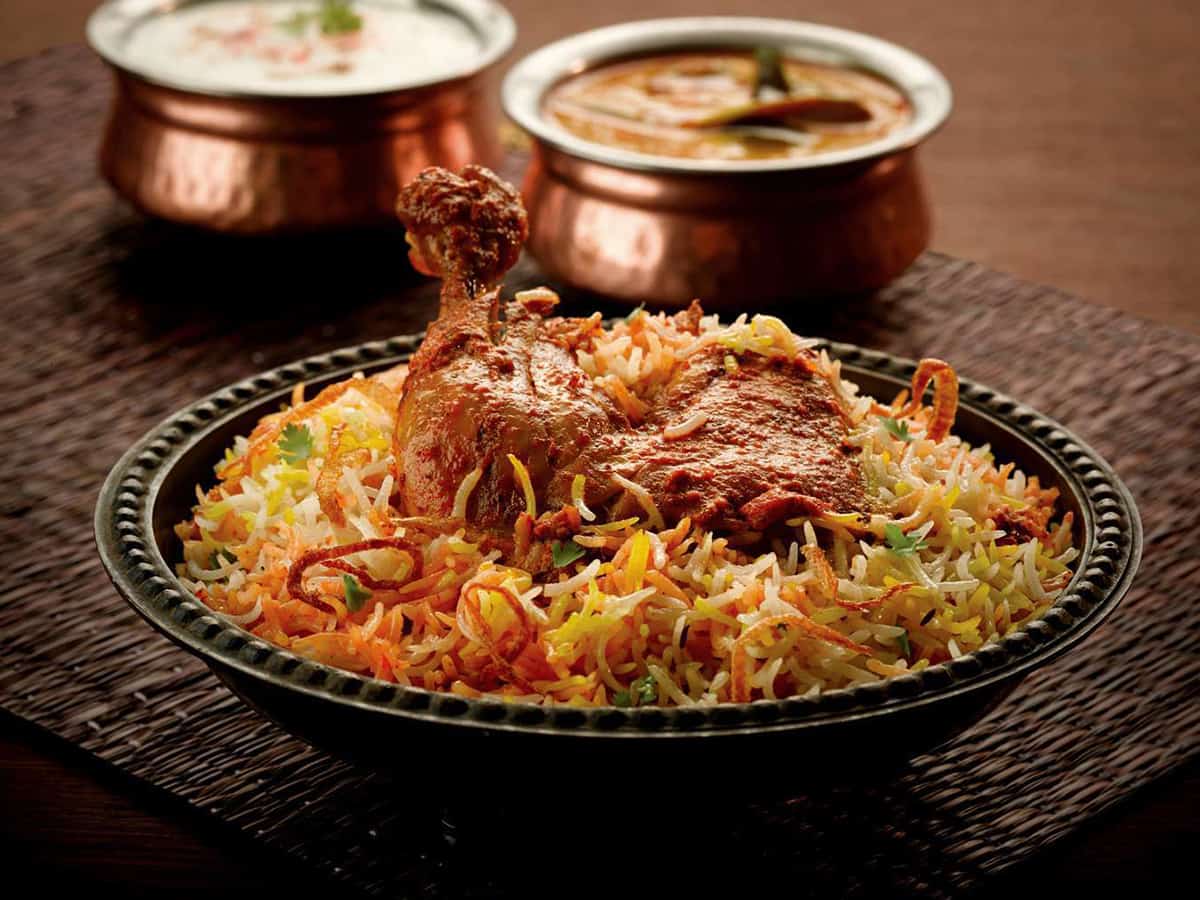It was September or October, 2001. I was newly married and had moved to Mira Road, a far western Mumbai suburb, from Mahim which is part of the island city.
I don’t know from where Jafferbhai Mansoori, owner of then Delhi Darbar restaurant and later of Jafferbhai’s Delhi Darbar chain, found out about my wedding. Since it was solemnised at my ancestral place in Bihar, few among my friends in Mumbai knew about it.
“Aap begum ko bhi saath lekar aaye (You please bring along your wife too,” said Jafferbhai on phone.

On a balmy Sunday afternoon we boarded a relatively less-crowded local train to reach Churchgate station. From there a taxi took us to Delhi Darbar, run from an old building at Colaba Causeway in South Mumbai. Jafferbhai was already there to receive us. We were immediately ushered to a table which was bedecked with fresh flowers. Two waiters attended to the table, taking one order after another. When I tried to stop Jafferbhai, he said: Aaj meri chalegi, apki nahin (Today my rule will apply, not yours). After rounds of starters comprising an assortment of kebabs, tandoori and God knows what else, the main course of kofta, naan, paya and a few more dishes came. And then we were served mutton biryani, its aroma wafting out of the plates and hitting the ceiling. Along with the delicacies, also came sherbet and shahi tukdas.
Sharmaiye mat, dil bhar ke khaiyee (Don’t be shy. Eat to your heart’s content), urged Jafferbhai as he poured more of the biryani in my plate. As we ate, we discussed a lot of things.
As we prepared to leave, Jafferbhai sprang a surprise. He gifted my wife a beautiful dinner set. I am in principle against accepting gifts, but he insisted clarifying: “It is a kind of blessing from an elder to my bahu.” We were overwhelmed.
Aah, the joy of eating biryani from the hands of biryani king of Mumbai! With the demise of Jafferbhai on September 10, 2020, biryani in Mumbai may not taste the same again.
Always clad in spotless white kurta-pyjama, Jafferbhai epitomized the fast vanishing culture, that celebrated adaab when wealth didn’t create walls and tehzeeb alone decided where you came from. If Jafferbhai the man who created an empire with multiple branches, including in Panchgani and Dubai, was accessible to whoever who sought him, it had to do with his humble origins.
Around six decades ago, he joined his father’s tiny catering unit at Islampura in Grant Road. Once he told me how he would return from school and slog for hours with his father at the kitchen. He would often sleep on a “bed” made of gunny bags spread on the floor. He would deliver food to customers on a rickety bicycle. “To me, no business was and is like food business,” he once told me. Hard work and honesty paid off. Prosperity came his way like it has to just a few other restaurateurs. More so after he broke away from his brother, renaming his brand Jafferbhai’s Delhi Darbar.
Most ventures need publicists and brand ambassadors. Jafferbhai was his own publicist, an in-house ambassador who needed no crutch to rely on. Fame and fortune sat light on his shoulders.
A connoisseur of arts and culture, especially shairi, he would host poets, ghazal singers and patronize qawwali mehfils and mushairas. If you wanted to organise a literary event and ran short of funds or needed someone to sponsor dinner or lunch for the guests, you went to Jafferbhai. He would never say no. Noted poet late Ahmed Faraz immensely enjoyed Jafferbhai’s hospitality in the city whenever he visited it.
Ramzan is the time when food lovers queue up outside his outlets. One Ramzan some office colleagues wished to have Ramzan delicacies. I called up Jafferbhai’s eldest son Mazhar. He sent so much food and so many varieties of it that we had a mini-feast in the office.
Somehow Jafferbhai was very fond of writers and poets. He had memorized countless Urdu couplets and used them appropriately. A college dropout, Jafferbhai revered people of knowledge and wisdom. Circumstances had forced him out of education system but he never stopped learning. And he learned from all sorts of people, big and small, rich and poor, highly qualified and semi-skilled.
He was a perfectionist. Once we were at his restaurant’s Dongri (Mumbai) branch. He saw a waiter serving naan (bread) to a customer. He saw something was not right with the naan. He called for the man who had baked the naan and pulled him up for not baking it properly.
He once told me initially he personally chose right masala for the cuisine and gave great attention to preparation of the recipes. He singlehandedly made Mumbai a hub of Mughlai food.
Mumbai will miss its biryani king.
RIP.
Asmaan teri lahad pe shabnam afshani kare/
Sabza-e-nourasta iss ghar ki nigehbani kare
(May the sky shed its dew upon your grave/
May the freshly grown verdure watch over your home) —Allama Iqbal
Mohammed Wajihuddin, a senior journalist, is associated with The Times of India, Mumbai. This piece has been picked up from his blog.

